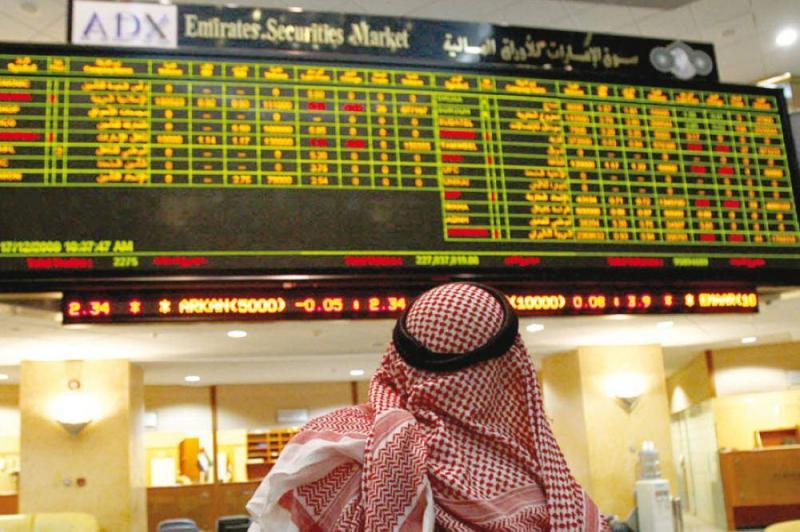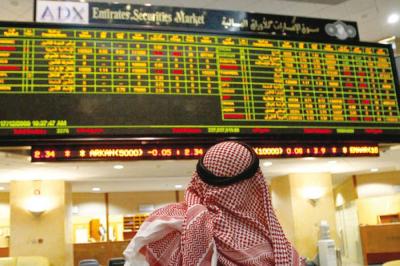The performance of stock markets in the Gulf region was mixed at the close on Thursday, due to concerns that the ongoing increase in U.S. inflation might lead to sustained high interest rates for a longer period. The Saudi index recorded its largest weekly loss since early August. The main Saudi index fell by 0.7 percent, influenced by a 1.5 percent drop in Al Rajhi Bank shares and a 1 percent decline in the shares of Dr. Suleiman Al Habib Medical Group.
An official from the International Monetary Fund indicated that the fund expects Saudi GDP growth to slow more than the current forecast of 1.9 percent, reflecting the impact of the latest extension of oil production cuts, despite the continued strong growth in non-oil sectors.
On the other hand, shares of Saudi Telecom Company (STC) closed up by 1 percent after a 2.2 percent decline the previous day. Spain is reportedly considering purchasing a 9.9 percent stake in Telefonica from the Saudi company to safeguard its strategic interests, suggesting a potential hurdle. The Saudi index recorded a weekly loss of 2.4 percent.
The main index of the Dubai Stock Exchange rose by 0.5 percent, ending a three-session losing streak, driven by a 5 percent jump in shares of Emirates Central Cooling Systems Corporation.
In Qatar, the index advanced by 1 percent, with most shares on the index gaining, including shares of Qatar Industries, which rose by 3 percent. Khaldon Hilal, CEO of Kama Capital, stated that the Qatari market has stabilized somewhat after recording losses over the past few weeks, returning to the lower range of its movements for the year. He added, "However, it may remain susceptible to fluctuations in natural gas prices."
Outside the Gulf region, the main index of the Egyptian stock market closed up by 0.8 percent.




